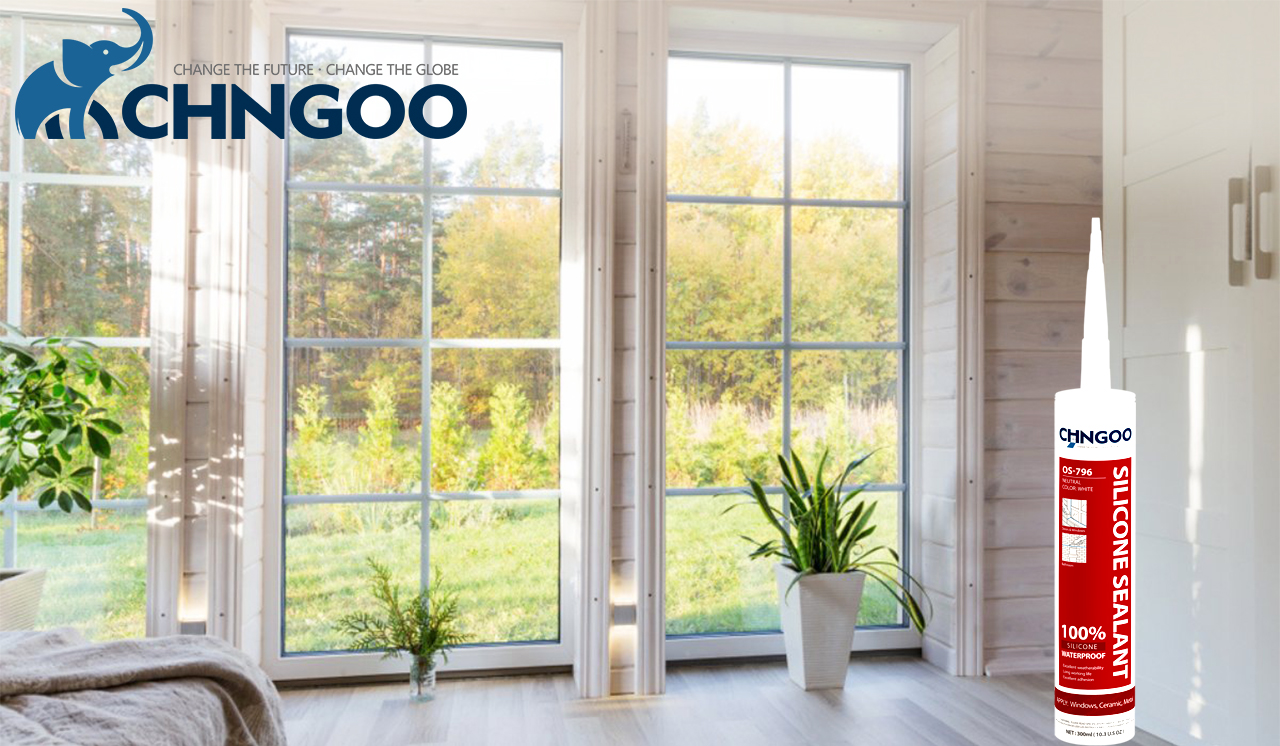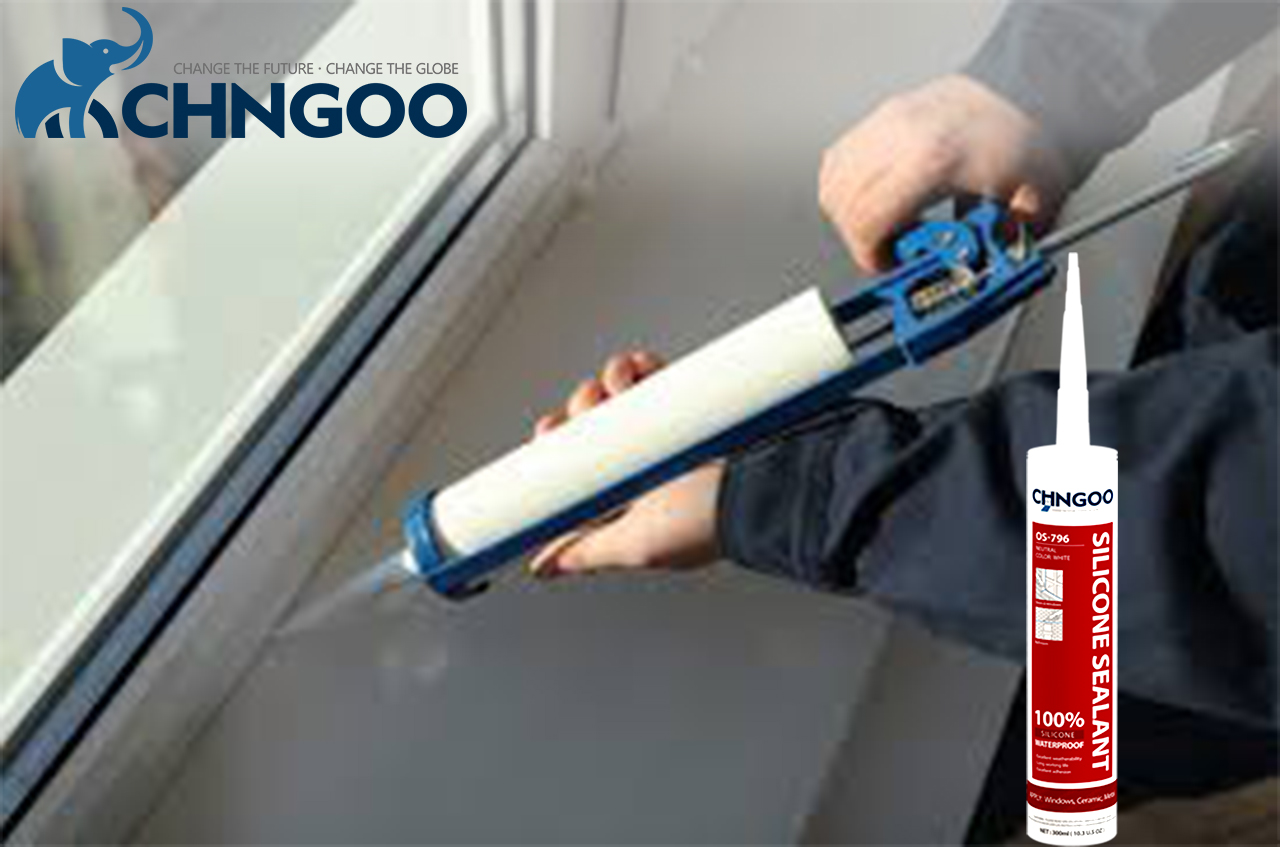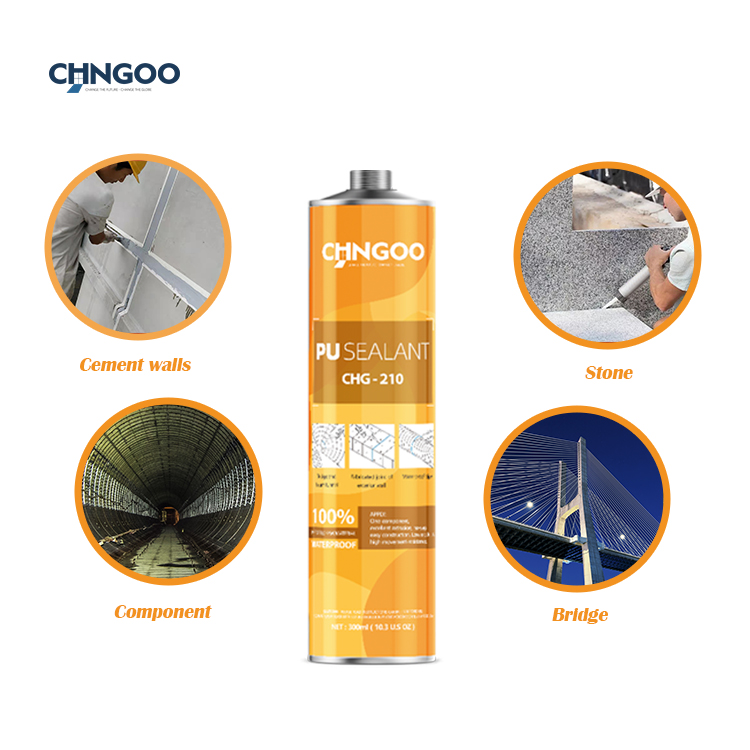Can I Use Silicone as Glue?
Silicone sealant, with its formidable bonding capabilities, is often considered a versatile adhesive. However, its use as a traditional glue requires careful consideration. While silicone can effectively bond various materials, it may not be the ideal choice for every application.
Silicone sealant is particularly adept at creating flexible and durable bonds, making it suitable for scenarios where movement and flexibility are essential. However, it may not be the best option for projects requiring instantaneous or high-strength bonds, such as those achievable with super glues or epoxies.
The curing time of silicone sealant, which can range from a few hours to a day, should also be taken into account. This makes it essential to evaluate the specific requirements of a project and the desired characteristics of the bond before opting for silicone as a glue.

What is the Strongest Sealant?
The quest for the strongest sealant often leads to a comparison of various options available in the market. Silicone sealant consistently emerges as a strong contender due to its remarkable adhesive and sealing properties.
Silicone sealant forms a durable and flexible seal that can withstand a range of environmental factors, including temperature fluctuations and exposure to moisture. Its adaptability to different surfaces and materials, coupled with its resistance to weathering, contributes to its strength as a long-lasting sealant.
However, the strength of a sealant can also depend on the specific requirements of a project. For applications demanding extreme strength, hybrid sealants that combine the strengths of different types of adhesives may be considered.

Does Silicone Stick to PVC?
The compatibility of silicone with PVC is a crucial consideration, especially in plumbing and construction projects where these materials often intersect. Fortunately, silicone sealant generally adheres well to PVC surfaces.
PVC, or polyvinyl chloride, is a widely used plastic in construction and plumbing due to its durability and affordability. Silicone sealant's ability to bond with PVC makes it a preferred choice for sealing joints, connections, and gaps in PVC pipes and fittings.
When applying silicone to PVC, proper surface preparation is essential. Ensuring that the PVC surface is clean, dry, and free from contaminants enhances the adhesive bond, ensuring a robust and enduring seal.

Will Silicone Fix PVC Leaks?
PVC leaks can be a common issue in plumbing systems, and the question of whether silicone can effectively fix such leaks is of practical importance. Silicone sealant can indeed be a viable solution for addressing PVC leaks, especially in certain circumstances.
For small leaks or gaps in PVC pipes, applying silicone sealant directly to the affected area can create a watertight seal. However, it's important to note that the effectiveness of this solution depends on factors such as the size and severity of the leak.
In instances of larger or more complex leaks, additional measures such as using PVC repair kits or replacing the damaged section of the pipe may be necessary. Silicone sealant can serve as a temporary fix for minor leaks, providing valuable time to implement more comprehensive solutions.
What Material Does Silicone Not Stick To?
While silicone sealant exhibits excellent adhesion to a wide range of materials, there are certain substances to which it may not adhere effectively. Notably, silicone does not adhere well to oily or greasy surfaces, as these substances can compromise the bond between the sealant and the material.
Additionally, silicone may struggle to bond with certain types of plastics, such as polyethylene and polypropylene. It is crucial to assess the compatibility of silicone with specific materials before application, ensuring optimal adhesion and a secure bond.
What is the Best Sealant for Plastic?
Selecting the best sealant for plastic applications involves considering the type of plastic, the environmental conditions, and the specific requirements of the project. While silicone sealant is a versatile option for many plastics, other alternatives may be better suited for certain scenarios.
For instance, for bonding plastics with low surface energy, such as polypropylene and polyethylene, specialty adhesives like cyanoacrylate (super glue) or adhesives designed explicitly for low-energy surfaces may be more effective.
In cases where flexibility and durability are paramount, hybrid sealants combining silicone and other adhesives may provide optimal results. The best sealant for plastic ultimately depends on the unique characteristics of the plastic substrate and the intended application.

Conclusion:
Silicone sealant, with its adhesive prowess and sealing capabilities, stands as a formidable player in the realm of construction, plumbing, and DIY projects. As we navigate the complexities of choosing the right adhesive for various applications, understanding the nuances of silicone's compatibility, strength, and limitations is key.
Whether considering silicone as a glue, evaluating its strength as a sealant, or pondering its efficacy in addressing PVC leaks, a nuanced understanding of silicone sealant allows us to harness its potential effectively. As we explore the diverse landscape of adhesives, silicone remains a steadfast companion, bridging gaps, creating bonds, and contributing to the resilience and longevity of our projects.